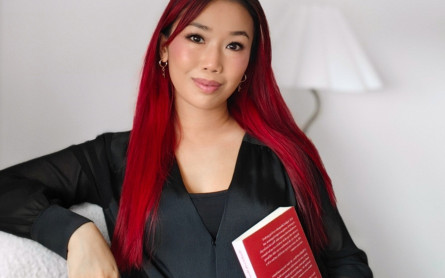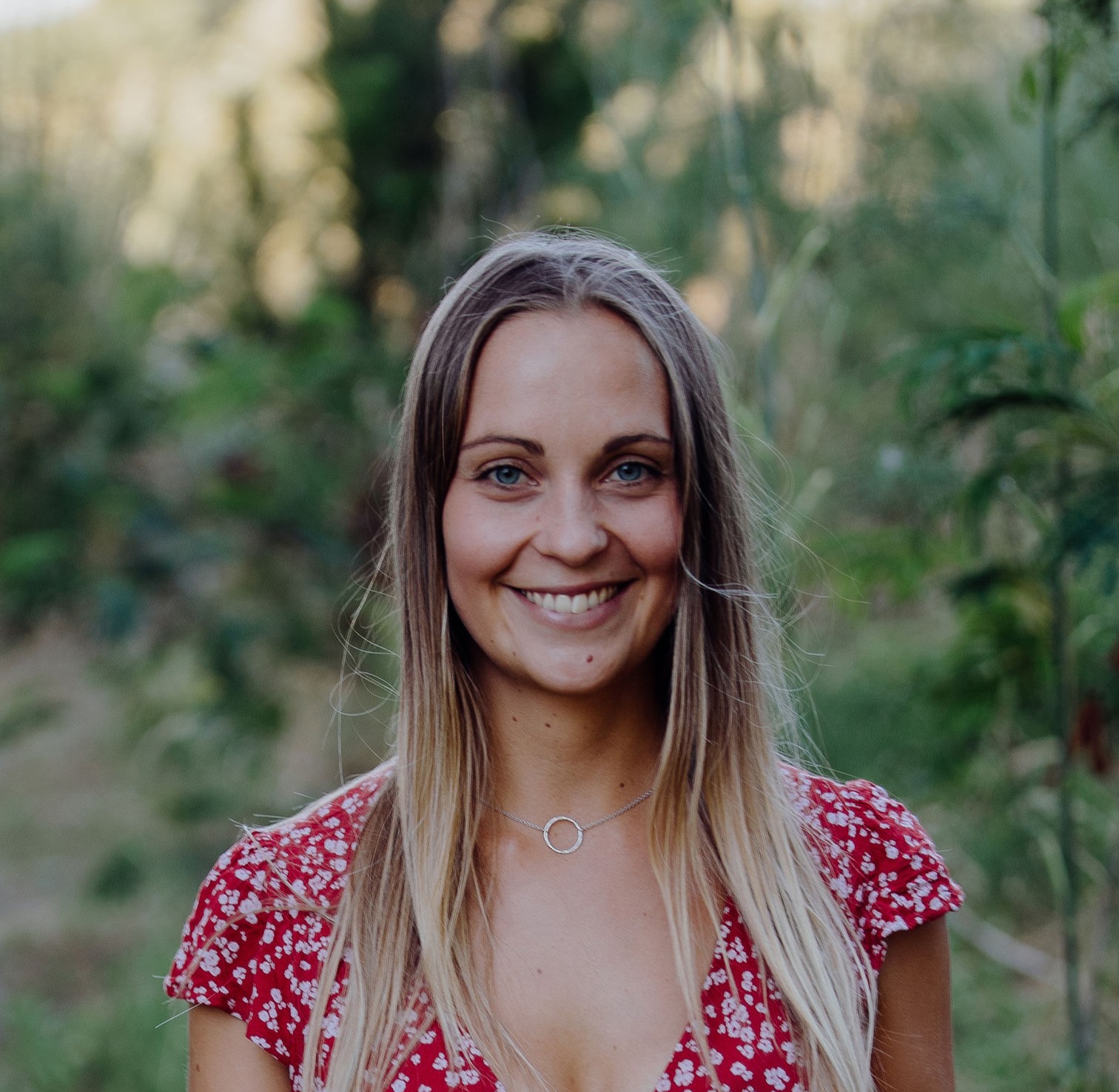
Planning & budgeting
Saving & investing
KiwiSaver
Tackling debt
Protecting wealth
Retirement
Home buying
Life events
Setting goals
Money tracking
Plan your spending with a budget
Getting advice
Studying
Get better with money
What pūtea beliefs do you have?
How to build up your emergency savings to cover unexpected costs
How to save your money
How to start investing
Find a financial adviser to help you invest
Your investment profile
Compound interest
Net worth
Types of investments
Term deposits
Bonds
Investment funds
Shares
Property investment
How KiwiSaver works and why it's worth joining
How to pick the right KiwiSaver fund
Make the most of KiwiSaver and grow your balance
How KiwiSaver can help you get into your first home
Applying for a KiwiSaver hardship withdrawal
How to use buy now pay later
What you really need to know before you use credit
How to get out of debt quickly
Credit reports
Know your rights
Pros and cons of debt consolidation
Credit cards
Car loans
Personal loans
Hire purchase
Student loans
Getting a fine
What happens if I start to struggle with moni?
How to build up your emergency savings to cover unexpected costs
Cryptocurrency
How to protect yourself from fraud and being scammed
About insurance
Insurance types
Insuring ourselves
Wills
Enduring powers of attorney
Family trusts
Insuring our homes
Losing a partner
Redundancy
Serious diagnosis
How to cope with the aftermath of fraud
Separation
About NZ Super – how much is it?
When you’re thinking of living in a retirement village
How to plan, save and invest for retirement
Manage your money in retirement
Find housing options in retirement
Four approaches to spending in retirement
Planning & budgeting
Saving & investing
How to build up your emergency savings to cover unexpected costs
How to save your money
How to start investing
Find a financial adviser to help you invest
Your investment profile
Compound interest
Net worth
Types of investments
Term deposits
Bonds
Investment funds
Shares
Property investment
View all
KiwiSaver
Tackling debt
How to use buy now pay later
What you really need to know before you use credit
How to get out of debt quickly
Credit reports
Know your rights
Pros and cons of debt consolidation
Credit cards
Car loans
Personal loans
Hire purchase
Student loans
Getting a fine
What happens if I start to struggle with moni?
View all
Protecting wealth
How to build up your emergency savings to cover unexpected costs
Cryptocurrency
How to protect yourself from fraud and being scammed
About insurance
Insurance types
Insuring ourselves
Wills
Enduring powers of attorney
Family trusts
Insuring our homes
Losing a partner
Redundancy
Serious diagnosis
How to cope with the aftermath of fraud
Separation
View all
Retirement
Home buying
20 October 2025
Reading time: 4 minutes
Told to Georgette Hart,
0 comments

A bit about Sophia: Sophia is a mother of two from Tāmaki Makaurau Auckland, an adviser consultant for one of the world’s leading life insurance companies, and the author and content creator behind Mindful with Money NZ, where she shares personal finance stories and money tips to inspire others.
‘Start where you are. Use what you have. Do what you can.’ This quote motivated me to take control of my finances, prioritising progress over perfection.
A spender – I love spontaneity! Fortunately, I also hate paying penalty fees, so one of the ways I minimise my spending is to ensure that each week’s savings (20%, as per the 50/30/20 budgeting strategy) goes straight into the emergency fund my husband and I have set aside. Because our emergency fund is in a savings account that charges fees for withdrawals, I’m always disincentivised to take out money. Since starting to track my net worth this year, I’m also motivated by seeing the numbers slowly but consistently go up each month.
“Start where you are. Use what you have. Do what you can.”
I did something incredibly brave – or insane – a few years ago, when I quit my job without another one lined up due to a toxic work environment. That night, I took a look at my emergency fund and was pleasantly surprised to discover that I had 33 fortnights’ living expenses saved – a proud moment in and of itself. I was still terrified of never finding a job again, though, and having to give up on our plans for the next few years, including upgrading our home, travel and starting a family. I launched into job-hunting straight away and studied for hours every night – researching companies, practising job interview answers and keeping a detailed job-hunting diary.
After some catastrophically bad interviews, and some absolutely phenomenal ones, I landed a new job a month later, along with a $14,000 pay rise and a positive work environment!
Having an effective weekly budget for my husband and I; our finances are completely shared. A few years ago, I created a joint budgeting spreadsheet that both of us can access at any time, which lists our income, savings, mortgage repayments and expenses, sorted into needs and wants. As long as savings are accounted for, we can add extra ‘fun’ expenses whenever we see fit, and the spreadsheet automatically calculates how much is left over, which is either carried over to the next week or added to savings.
What makes me feel extra sorted is that we always have the next four weeks planned, which gives us a heads-up for any special events like birthdays and holidays.
That money was complicated, difficult and associated with conflict. Unfortunately, I didn’t inherit any positive money beliefs, which led me to avoid thinking about money when I was in my late teens and managing my money on my own for the first time. I’d avoid checking my bank account, spend money and hope that I’d have enough for bills, and avoid learning about money. I started healing my relationship with money when I started to see how investing in my financial literacy could actually be empowering, instead of limiting – giving me freedom and choices, and allowing me to live authentically and do good in the world.
“Save as much as you can right now – you want to make sure you have enough to last the rest of your year on maternity leave!”
“I started healing my relationship with money when I started to see how investing in my financial literacy could actually be empowering, instead of limiting – giving me freedom and choices, and allowing me to live authentically and do good in the world.”
Living in Queenstown or Wānaka, working part-time in a job I’m passionate about, ideally in the humanitarian/non-profit sector. My plan is to never fully retire – I dream of working or volunteering a few days a week indefinitely to stay healthy and active, be connected to my community and maintain a sense of purpose.
If you’d like to join the conversation and share your own experiences with money, we’d love to hear from you. Fill in this form, and we’ll get back to you. Ngā mihi!
 Georgette Hart
Georgette Hart
With a background in education and public sector comms, Georgette is Sorted’s communications specialist. She loves how freeing financial knowledge can be, empowering people to focus their money and time on the things that matter most.
Use verification code from your authenticator app. How to use authenticator apps.
Code is invalid. Please try again
Don't have an account? Sign up
Or log in with our social media platforms


A free account gives you your very own space where you can save your tools and track your progress as you get ahead.
Or sign up using Google:



Comments (0)
Comments
No one has commented on this page yet.
RSS feed for comments on this page | RSS feed for all comments